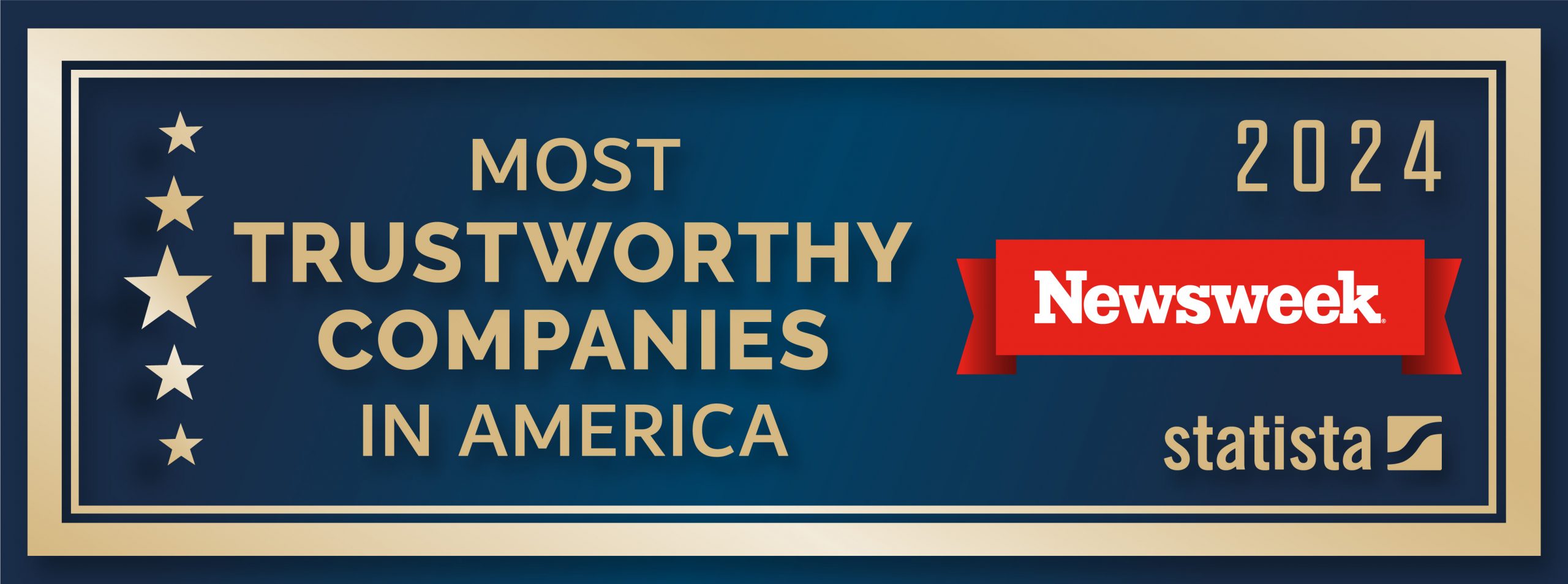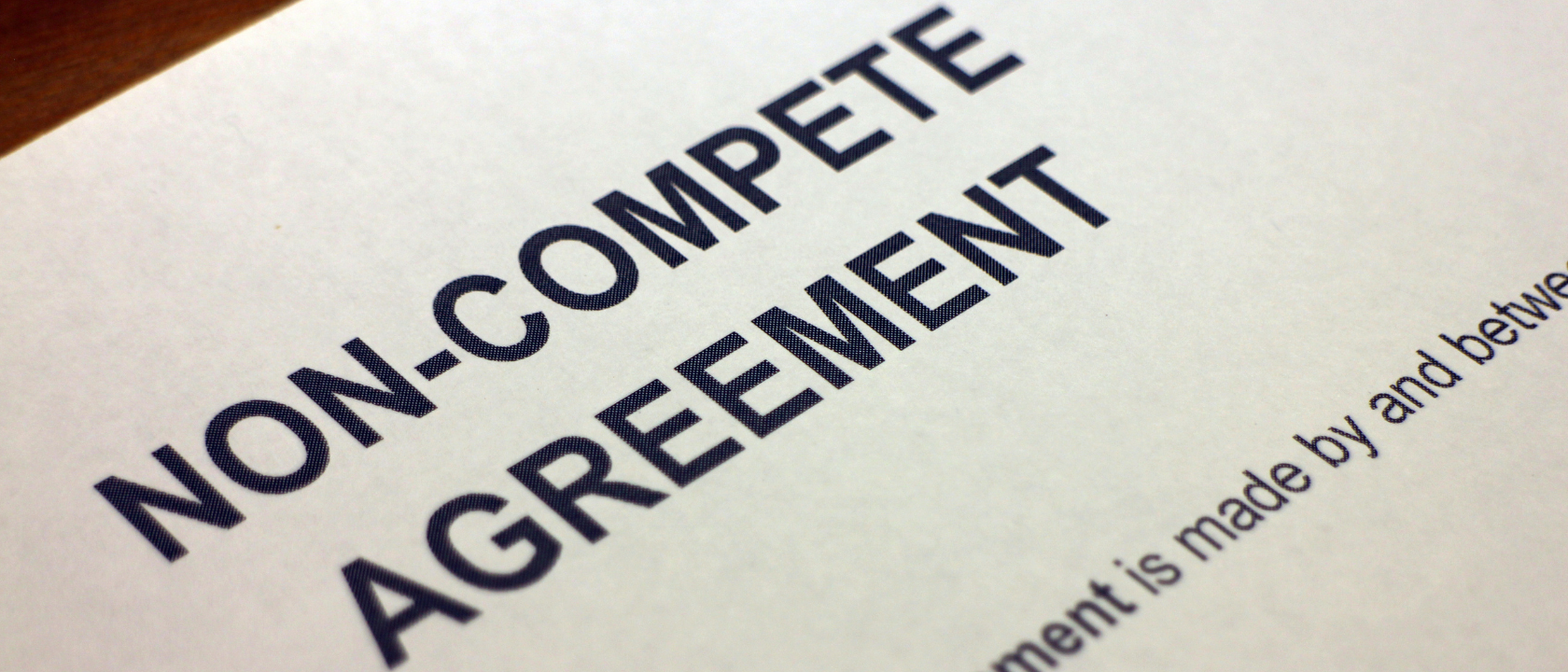How Well Do You Know Your Future Customers? There Are Differences: Boomer Men Vs. Women

Never before in the history of this nation have so many men entered the 50+ life stage. Nearly 6,000 Baby Boomer men turn 50 every day, and a Boomer male turns 60 about every 15 seconds. This generational march to 60+ will continue for the next 17 years.?
Demography by itself does not predict the future course for this generation. The idiosyncratic Boomer value set, inspired by the social and cultural revolutions of the 1960s and 1970s, adds dimension to future scenarios. How so for Boomer men?
First, this generation of men has experienced the consumer power that came with being at the top of the nation’s traditional social hierarchy. When they were young adults, Boomer men were favored with jobs, wage and salary advantages, and access. Social status influenced them to resonate with heroic marketing archetypes such as the Marlboro Man and the Shelby Ford Mustang.
Second, they remember standing side-by-side with female peers during long months of struggle to achieve greater economic and social equality for women. Many protested for greater racial inclusiveness. A man coming of age in the Sixties and Seventies learned to empathize with the underdog and challenge authority. An iconic magazine ad campaign for the Volkswagen Beetle — “Think Small” — embodied the underdog achieving celebrity status.
Third, Boomer men have a feisty history, and they’ve transformed every life stage they’ve occupied. For example, they ushered in the yuppie and gravitated to products such as the BMW sports car and Mont Blanc pen, reflecting their well-honed sense of technology, design and luxury. Today, iPhone and Mini Cooper fill the iconoclast’s wish list.
Powerful Influences of Gender on Attitude
The Natural Marketing Institute (NMI), based in Harleysville, Pa., has been conducting consumer research into the Boomer generation mindset since the beginning of this decade.
Boomer men and women share many core values. For example, based on NMI’s Healthy Aging/Boomer Database, 81% of Boomer women and 78% of Boomer men strongly or somewhat agree with taking responsibility for health matters: “I’m very concerned about my personal health and am actively managing it.”
Both sexes strongly or somewhat agree that exercise is a primary way to promote healthy aging (94% of women and 92% of men). Both genders strongly or somewhat believe vitamins and nutritional supplements promote healthy aging (75% for both genders). Both believe that maintaining independence as they age is of highest priority (98% of women and 96% of men).
However, upon closer study of NMI data, noteworthy gender differences emerge. When asked if they would like to live to 100-plus years old, 61% of Boomer men strongly or somewhat agree, while 53% of Boomer women hope for such advanced old age. Concerning a belief that the best years of life are still ahead of me, 77% of women strongly or somewhat agree while 68% of men share this degree of confidence in the future.
A large percentage of Boomer men aspire to long lives; yet, many do not have faith that bonus years will be so golden. A gap between ambition and outlook is an opportunity for marketers promoting late-life reinvention, such as community colleges offering curricula for men to learn meaningful new vocations.
Boomer men are more prone to spend discretionary dollars during the economic crisis. They are more likely to make impulse purchases than women (25% men versus 9% women). They are more apt to spend than save (37% versus 28%). They are more self-directed on investment decisions (70% versus 46%). At the grocery store, they are more willing to buy national brands over generic store labels (46% men vs. 26% women).
Research and market observations point toward a new sociological construct for maleness after 50. Boomer men are changing the meaning of aging and masculine identity and will expect more, acquire more, challenge more, and give more than their predecessors. Business implications are transformational when you pay attention to gender differences.
Source: MediaPost.com



